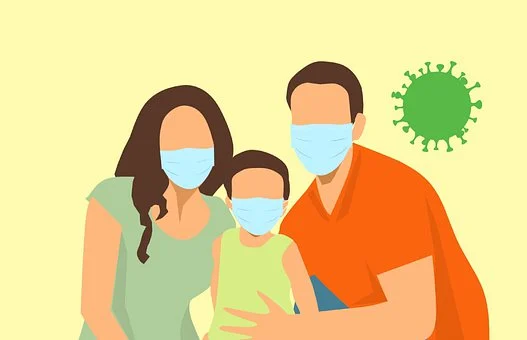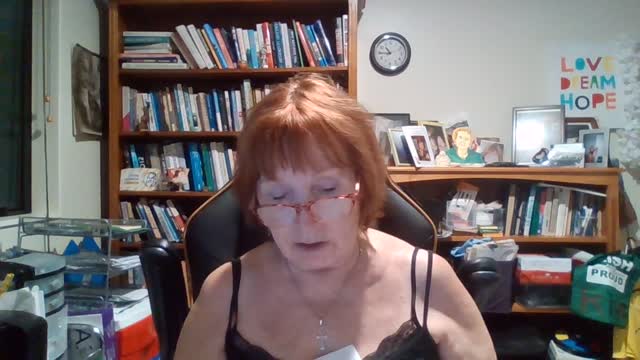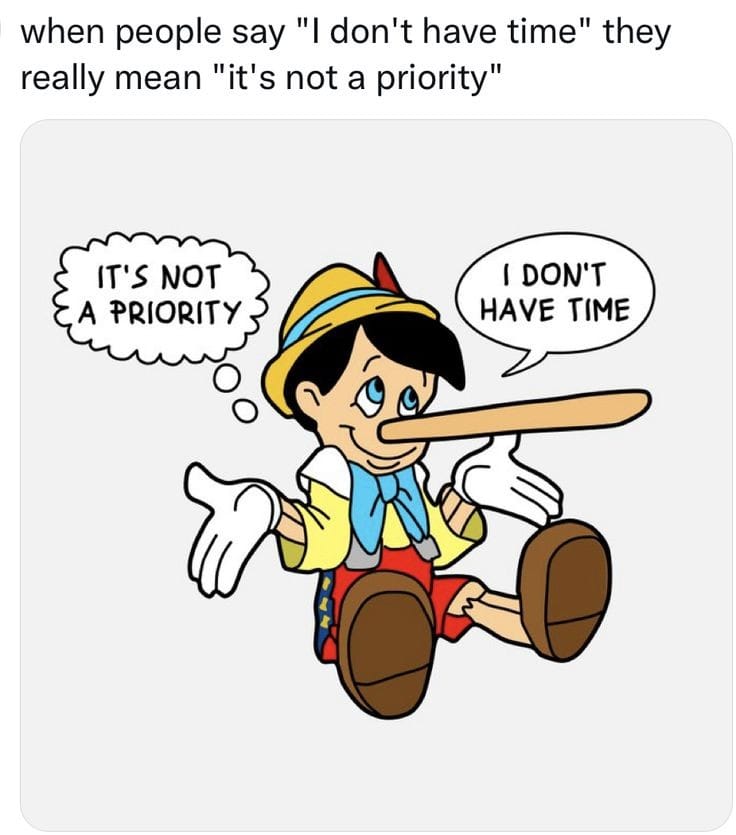
BE VERY FEARFUL- DEMAND VACCINES, IMMUNIZATIONS AS YOU RIGHT. ( IA: 2030 ) UN AGENDA 2030 INTRODUCED IN 2015
https://www.who.int/teams/immunization-vaccines-and-biologicals/strategies/global-vaccine-action-plan
Global Vaccine Action Plan
The Global Vaccine Action plan (GVAP) was developed to help realize the vision of the Decade of Vaccines, that all individuals and communities enjoy lives free from vaccine preventable diseases.
As the decade is drawing to a close, the SAGE Global Vaccine Action Plan (GVAP) 2011-2020 review and lessons learned report, provides an overall assessment of plan’s successes and challenges. It also proposes 15 recommendations for the development, content and implementation of the next decade’s global immunization strategy
The Global Vaccine Action Plan (GVAP) ― endorsed by the 194 Member States of the World Health Assembly in May 2012 ― is a framework to prevent millions of deaths by 2020 through more equitable access to existing vaccines for people in all communities.
GVAP was the product of the DoV Collaboration, an unprecedented effort that brought together development, health and immunization experts and stakeholders. The leadership of the Bill & Melinda Gates Foundation, GAVI Alliance, UNICEF, United States National Institute of Allergies and Infectious Diseases and WHO, along with all partners – governments and elected officials, health professionals, academia, manufacturers, global agencies, development partners, civil society, media and the private sector – are committed to achieving the ambitious goals of the GVAP. Many more are expected to add their support in the future as the plan is translated and implemented at the country and regional levels.
https://iris.wpro.who.int/bitstream/handle/10665.1/10921/9789290617099_eng.pdf;jsessionid=3588ABFA01DADF7788502691C106876B?sequence=1 WORLD HEALTH ORG., (UN) REGIONAL FRAMEWORK FOR IMPLENMENTATION OF THE GLOBAL VACCINE ACTION PLAN IN THE WESTERN PACIFIC (This includes Australia, New Zealand and the Pacific Islands) 92 page Report.
Global Vaccine Action Plan 2011–2020 (GVAP). Aims of the Regional Framework for Implementation of the Global Vaccine Action Plan in the Western Pacific Introduction of new vaccines, immunizations
BE FEARFUL ENOUGH TO DEMAND IMMUNIZATIONS, VACCINATIONS.
In May 2012, the 194 Member States of the World Health Assembly endorsed the Global Vaccine Action Plan 2011–2020 (GVAP), a global framework that builds on its predecessor, the Global Immunization Vision and Strategy 2006–2015 (GIVS). GVAP offers a broad range of strategies and activities and establishes new goals for achieving the Decade of Vaccines vision of a world in which all individuals and communities enjoy lives free from vaccine-preventable diseases.
A wide array of stakeholders was involved in the development of GVAP. The Regional Framework for Implementation of the Global Vaccine Action Plan in the Western Pacific has been prepared to translate strategies and activities recommended by GVAP into the context of the Western Pacific Region and to incorporate all global and regional immunization goals. By consolidating all of this information in one document, the framework aims to accelerate progress towards achievement of global and regional immunization goals and to help stakeholders better understand how to work together in implementing GVAP in the Region
Strategic Objective: All countries commit to immunization as a priority. Individuals, communities understand the value of immunization and vaccines, o much so they demand them as their right and responsibility.
Global Vaccine Action Plan 2011–2020 In May 2012, the Global Vaccine Action Plan 2011–2020 (GVAP) was endorsed by the 194 Member States of the World Health Assembly. GVAP builds on the Global Immunization Vision and Strategy 2006–2015 (GIVS), endorsed by the World Health Assembly in 2005, and outlines a vision in which the full benefits of immunization are extended to all people, regardless of where they are born, who they are or where they live. Developing GVAP brought together multiple stakeholders involved in immunization, including the Bill & Melinda Gates Foundation, Gavi, the United Nations Children’s Fund (UNICEF), the United States National Institute of Allergy and Infectious Diseases, and WHO, along with all partners – governments and elected officials, health professionals, academia, vaccine manufacturers, global agencies, development partners, civil society, media and the private sector
https://iris.wpro.who.int/bitstream/handle/10665.1/10921/9789290617099_eng.pdf;jsessionid=3588ABFA01DADF7788502691C106876B?sequence=1





Leave a Comment